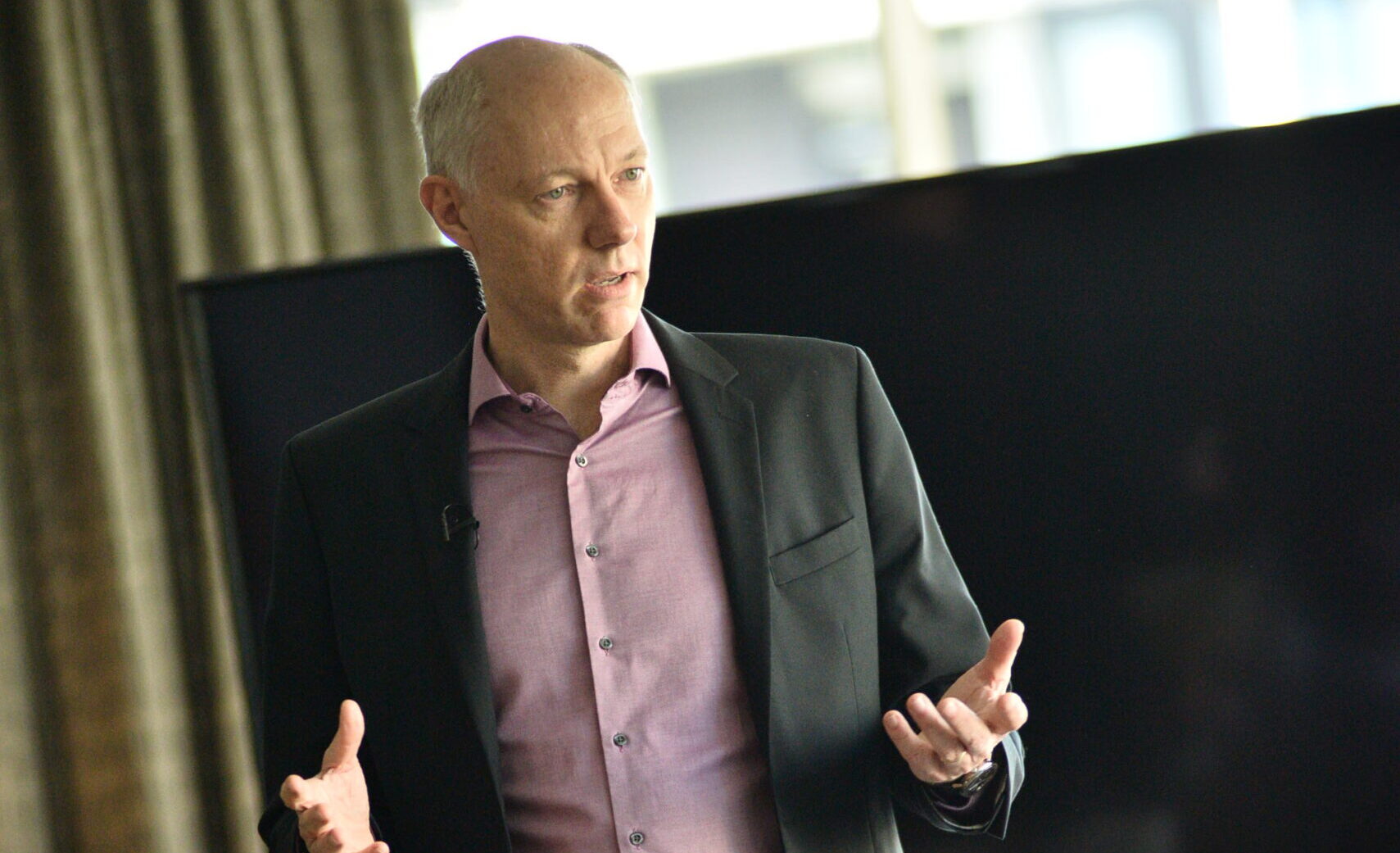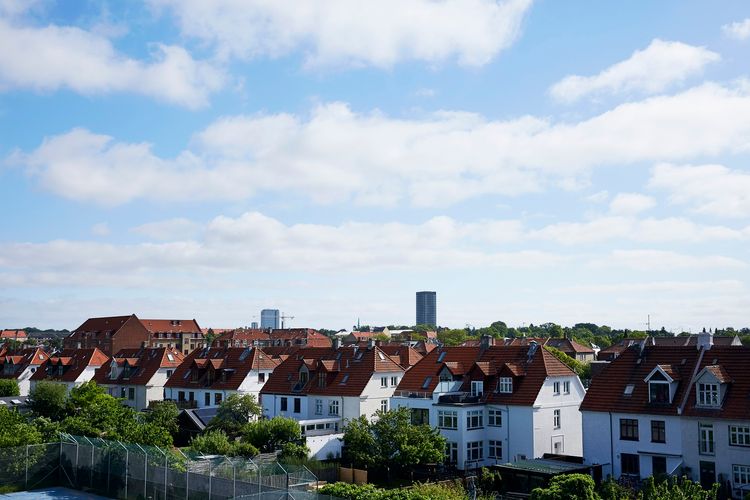We’ll admit it. We’re disappointed that the government has chosen to scuttle its plans to charge a toll on cars entering and leaving the city. The idea wasn’t perfect, but the experience from Stockholm and London showed that a congestion charge is an effective way to reduce traffic.
More than that, however, the congestion charge was also a symbol that this government prioritised progressive solutions to modern problems. Instead of embarking on an endless cycle of measures to accommodate increasingly more cars, the government wants to cut the number of cars on the road by making it more attractive to take the train or bus. In the end, though, the plan fell short because it punished those who wanted – or needed – to drive anyway.
The government still plans to improve public transport, and it will do so without the offending toll, but any plan to encourage more people to take the bus and train needs to look at the way car ownership is taxed.
Under the current registration system, new cars are slapped with a fee amounting to 180 percent of their purchase price over 79,000 kroner. For a new car costing 250,000 kroner, only 110,000 kroner of that actually goes towards its purchase. The rest – 140,000 kroner – is a fee paid to the state.
But the problem with a fee charged at purchase is two-fold: first, it means people refrain from buying newer, more efficient and safer cars, and second, it means that the fee is tied to simple ownership, not use. That 140,000 kroner fee needs to be paid whether you drive every day or if the car never leaves your driveway.
Given the amount of money generated by car registration – 25 billion kroner in 2010 – changing the fee would require some delicate maths, but retooling it so it is assessed on a per kilometre basis would give people a disincentive to drive when a better option exists, without adding an additional burden when driving is the best option.
Another likely benefit would be an immediate surge in the sale of new cars and, in the long run, a lower average age of cars on the road. These increased sales would help offset any decline in revenue from lower registration fees.
Round off the list of initiatives by slapping a hefty surcharge on the most polluting vehicles, and Denmark could find itself garnering as much attention for coming up with a pragmatic approach to car ownership as London and Stockholm got for their congestion charges.












